On the Bookshelf
Faculty Books
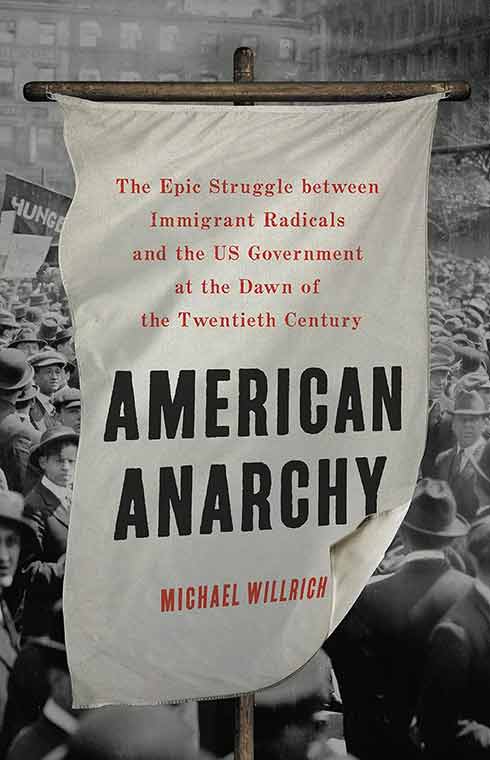
Imagine a world without states, laws, or private property. In the late 1800s and early 1900s, anarchists like Emma Goldman did just that, becoming heroes to many working-class immigrants and traitors in the eyes of powerful elites. Willrich, the Leff Families Professor of History, describes these battles over freedom, social order, and capitalism, which continue to color political discourse today.
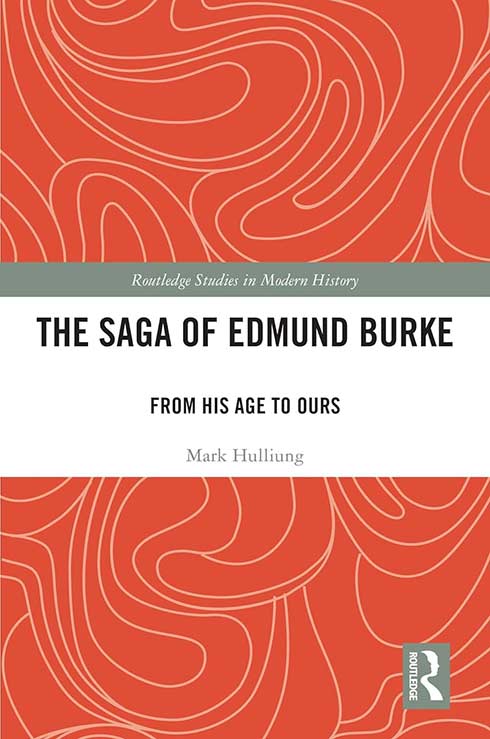
Everyone claims Edmund Burke as their own, writes Hulliung, the Richard Koret Professor Emeritus of the History of Ideas, in this reexamination of the 18th-century British political philosopher’s reach. Modern-day conservatives regard him as their father. At the same time, as one 20th-century Marxist averred, his ideas offer “deep comfort” to those “of liberal temper. The book ends with a chapter that considers the “Americanization” of Burke.
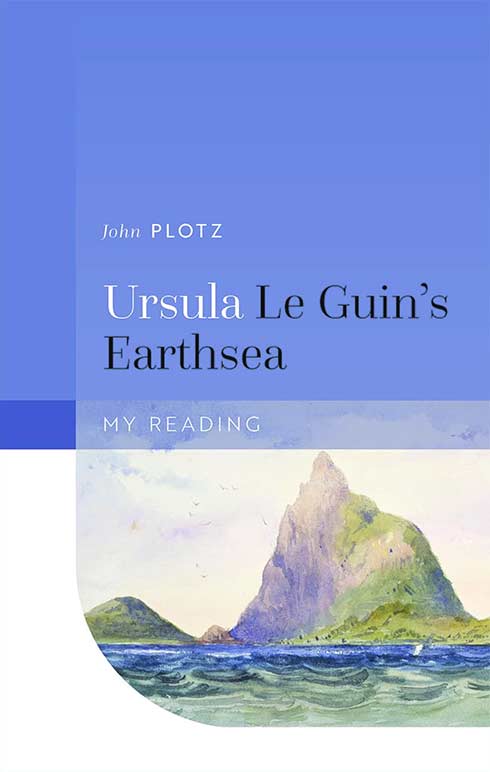
The Barbara Mandel Professor of the Humanities plumbs his “deeply personal” experience of reading Ursula Le Guin’s “Earthsea” cycle of fantasy novels. “What makes readers fall in love?” Plotz writes. “I can only speak for one childhood — and one adulthood — spent reading Le Guin, but I would bet my last nickel there are thousands of us out there. It had me from the start.”
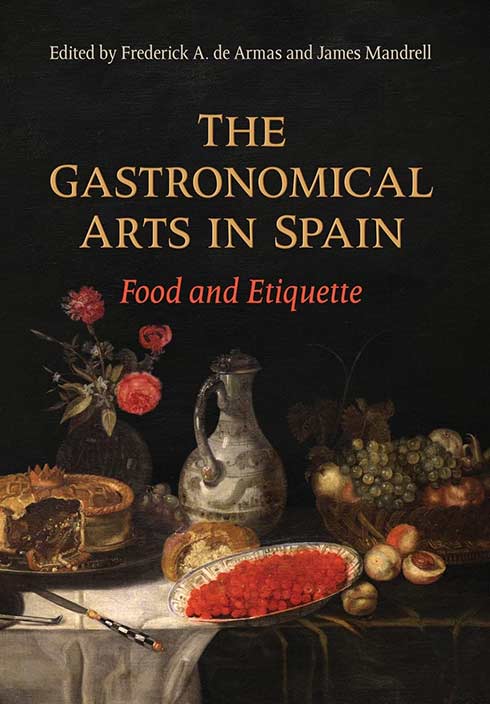
Co-editor Mandrell, associate professor of Hispanic studies, assembles essays that sample Spanish cuisine from medieval times to today. Drawing on literature, cookbooks, and periodicals, the book offers a historical look at what Spaniards ate and how, modern appetites, and culinary fashions.
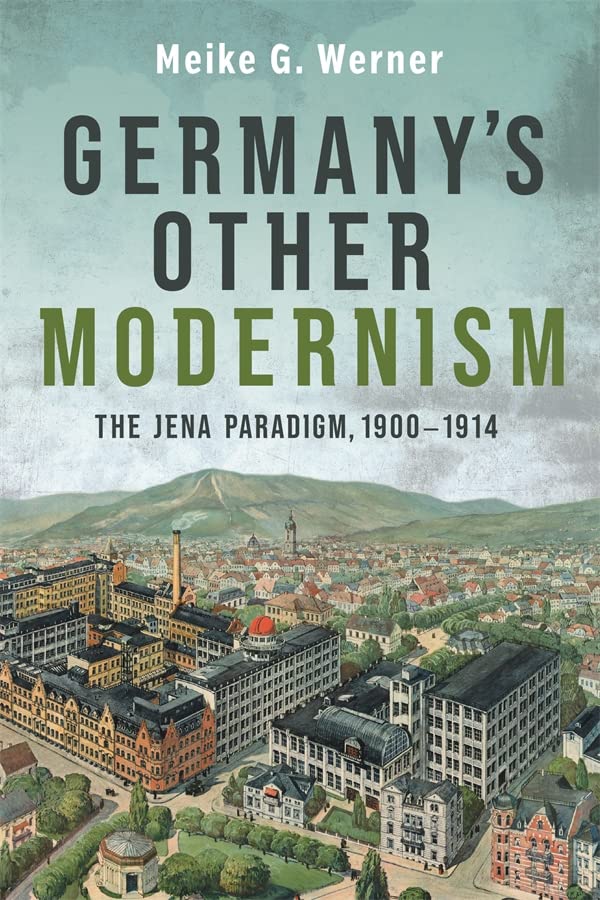
Dowden, a professor of German, writes an English translation of a 2003 German volume studying the rise of European modernism. Instead of concentrating on a capital like Paris or Vienna, the book takes stock of the social and intellectual transformations within a small provincial city — Jena, Germany.
Alumni Books
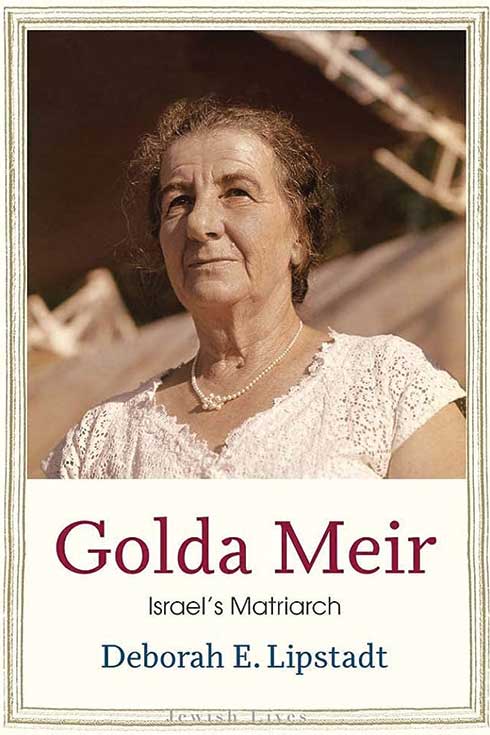
Historian Lipstadt, now the U.S. State Department’s Special Envoy to Monitor and Combat Antisemitism, paints a comprehensive portrait of Golda Meir, H’73, who served as Israel’s prime minister from 1969-74. Not surprisingly, gender politics played a significant role in Meir’s career; she was only the third woman to serve as a head of state in the 20th century.
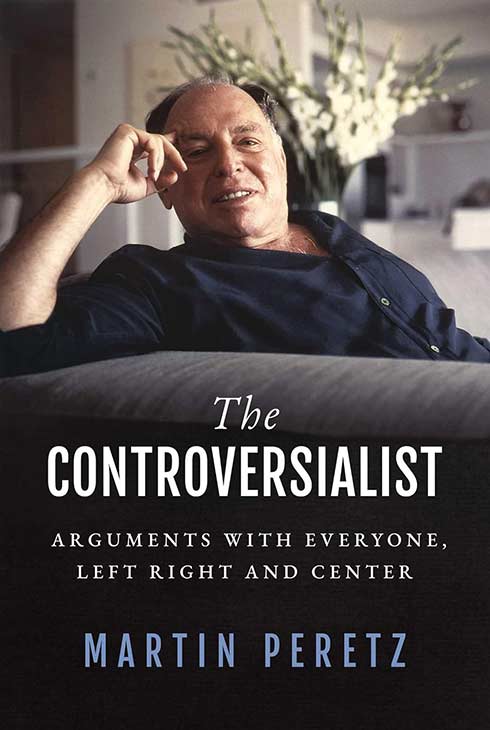
Peretz, former publisher and editor-in-chief of the New Republic, revisits his controversial life and career, including his anti-war activism and decades-long stewardship of a high-profile opinion journal. ”I am a marginalized man,” he writes, partly because “everything I have believed always turned out to be somewhat on the margins; people who are held up as paragons have never been my people.”
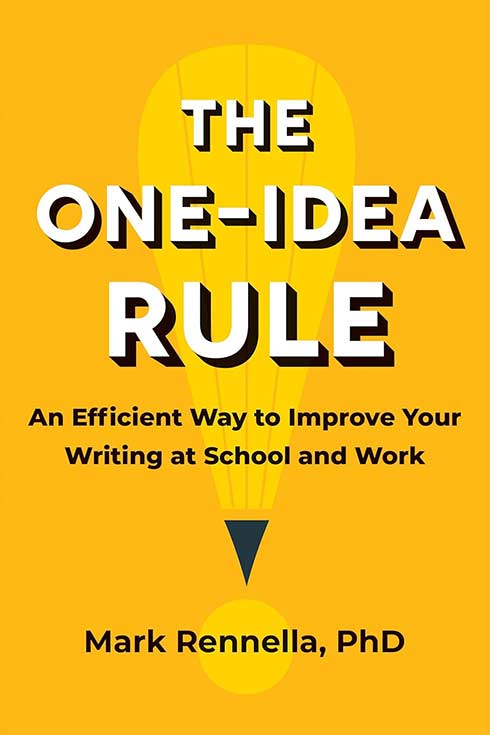
Every component of a successful piece of writing — title, section heads, paragraphs, sentences — ought to express just one idea. So goes the elegantly simple rule at the heart of this writing guide, which pinpoints a lack of focus as the problem that sinks many a research paper, newspaper article, or business report. Rennella is a writing coach at Harvard Business School.
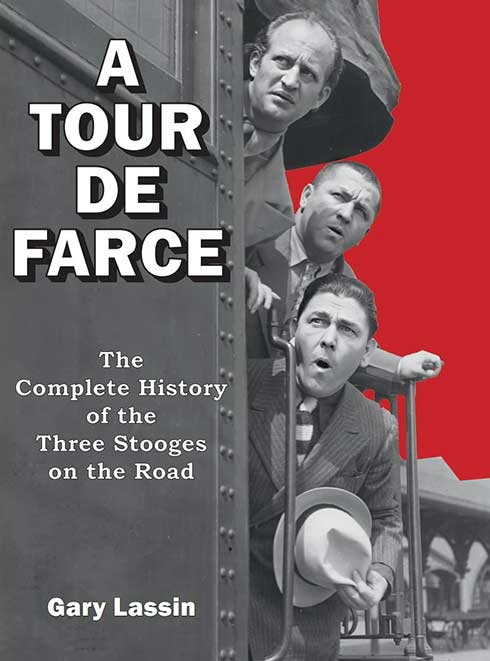
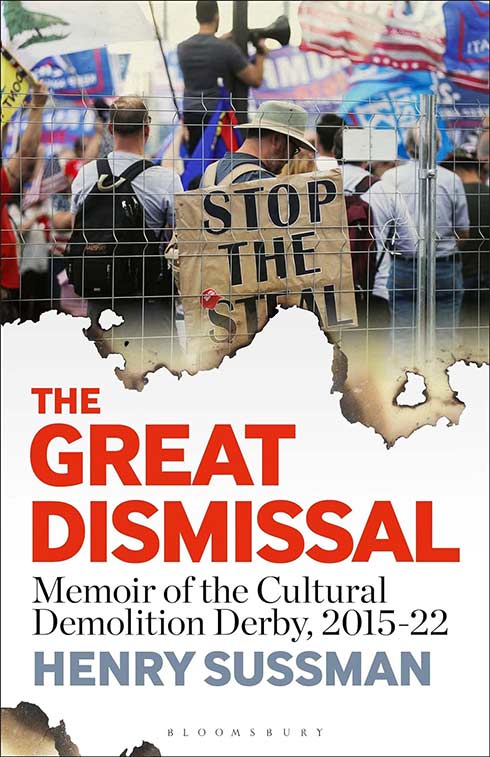
In a series of essays, literary scholar Sussman laments the loss of humanistic traditions and ideals in the public and political spheres. Anti-intellectualism, the siren call of self-interest, and the normalization of pathological narcissism among politicians are some of the topics he bitingly, carefully addresses.
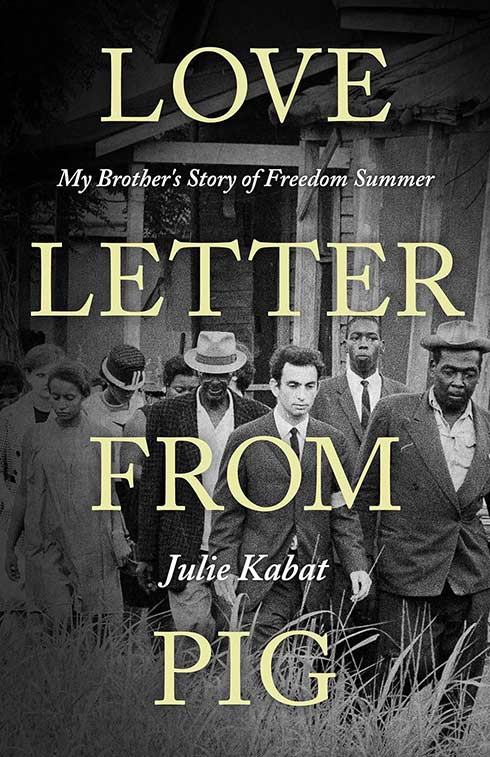
Kabat (whose childhood nickname was Pig) mines letters, diary entries, and essays written by her older brother Luke for a firsthand look at 1964’s Freedom Summer, when hundreds of students descended on Mississippi to register Black voters, challenge white supremacy, and work for civil rights. Kabat presents a moving tribute to these young activists, especially her brother, who died just two years after that summer in the South.
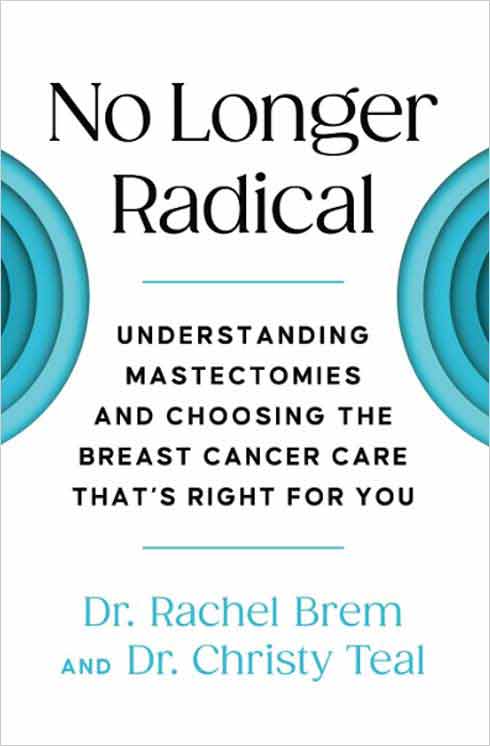
A comprehensive survey of treatment options for patients diagnosed with breast cancer, now the most common cancer in the world. Thanks to advancements in treatment, 40% fewer diagnosed patients die of the disease today compared with two decades ago. Brem is a radiology professor and the director of breast imaging and intervention at The George Washington University.
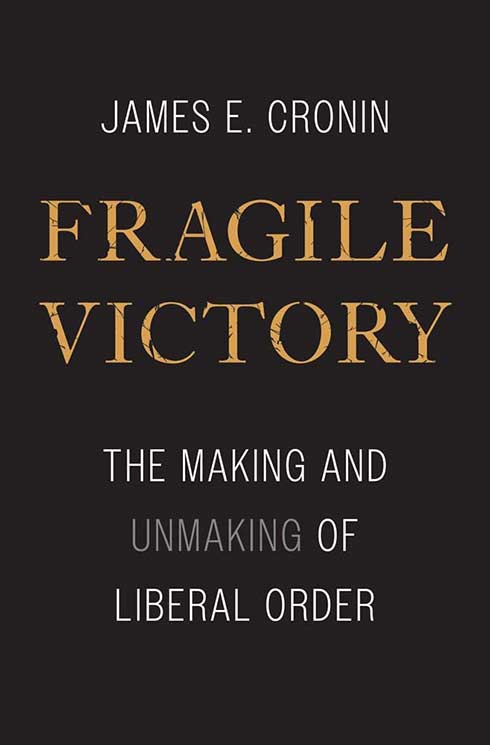
Liberal democracies no longer seem secure. But they never really have been, argues Cronin, a Boston College research professor in history. Maintaining liberal order required constant readjustment after upheavals like the Cold War and the collapse of communism, a reminder that offers useful context for those who fear for peace and democracy in the wake of Donald Trump’s election, Brexit, and the war in Ukraine.
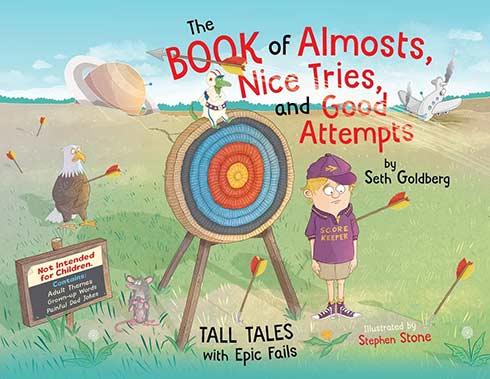
This collection of brief illustrated satirical stories — for adults, not children — catalogs epic fails you’re happy haven’t happened to you (yet). Titles include “The Man Who Sat Behind Lincoln’s Hat,” “The Woman Who Claimed To Have Exact Change,” and “The Second Person To Discover Fire.”
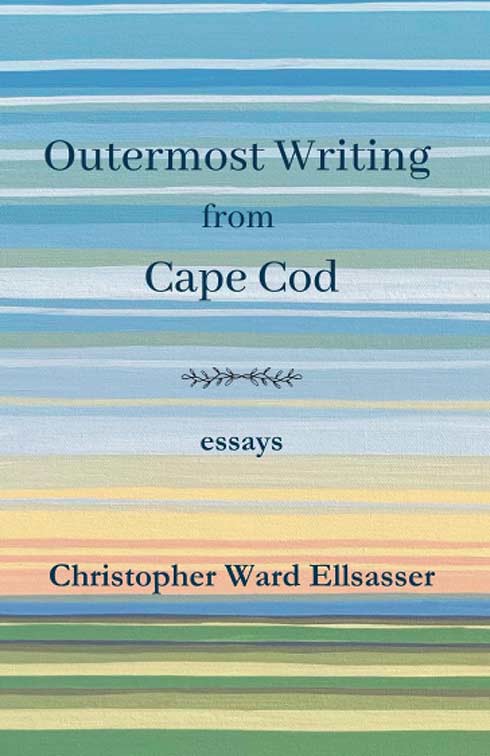
Cape Cod resident Ellsasser taps into the silences and physical beauty of his home to craft spare, affecting ruminations on the human condition: “For those of us who live by the ocean, the echo of the colliding sea and land is where the self encounters the world, where we realize that nothing stands apart.”
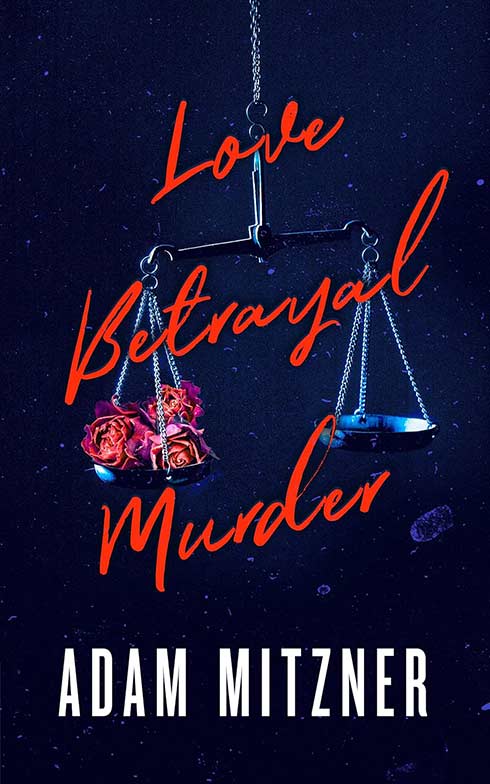
In this suspenseful thriller, Matthew and Vanessa, attorneys at a high-powered law firm, are having an affair, provoking Vanessa’s husband’s suspicions. Vanessa, strangely, fails to make partner at work. Then someone in the lovers’ triangle meets a bloody end on a Manhattan street. Throughout the gathering intrigue, Mitzner demonstrates his sure-handed mastery of gasp-out-loud plot twists.
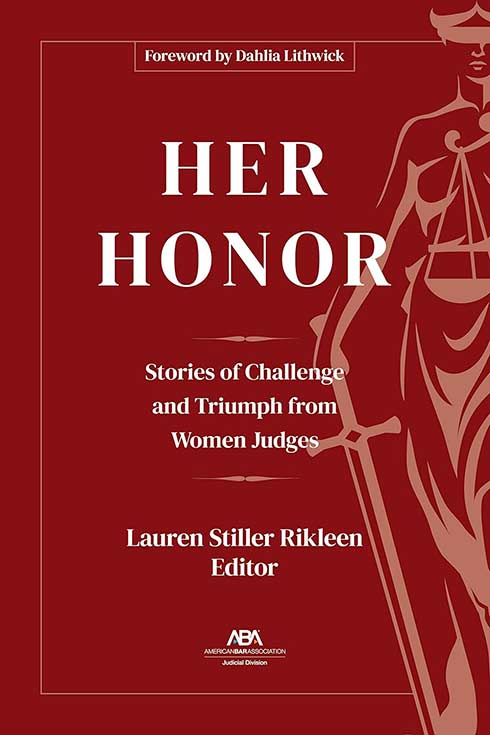
A selection of essays about 25 influential women judges in the U.S., filled with stories of personal struggle and hard-won accomplishment. The jurists featured come from all levels of state and federal courts, including two Supreme Court justices.
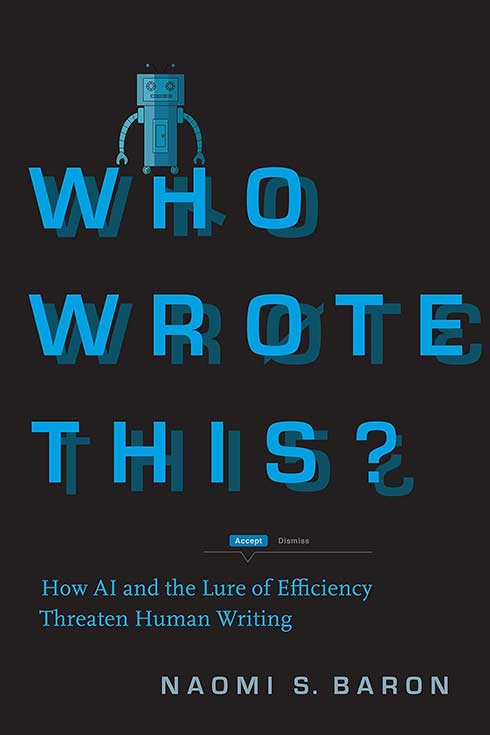
The new tug-of-war between people’s millennia-old ability to communicate with words and machines’ recent, uncanny capacity to do the same represents a “historic human moment,” says linguist Baron. With this watershed comes urgent questions: “What writing tasks should we share with AI? Which might we cede? How do we draw the line?”
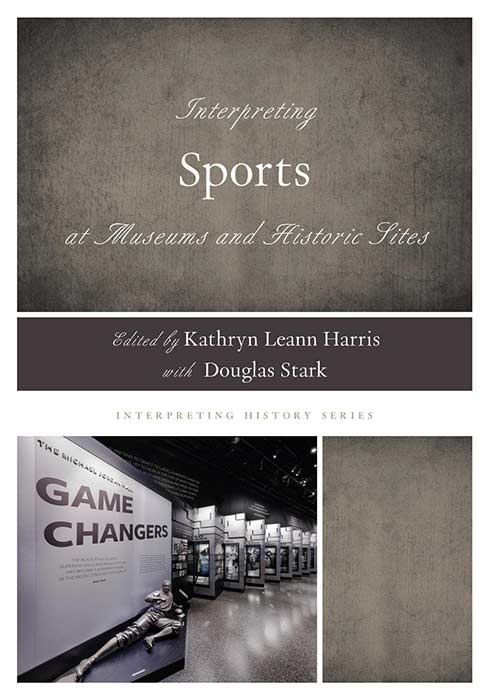
A collection of essays by museum professionals, historians, and sports experts, advising curators of all stripes on how to include sports history in their exhibitions. Stark, the former museum director at the International Tennis Hall of Fame, has also worked at the United States Golf Association Museum and the Naismith Memorial Basketball Hall of Fame.
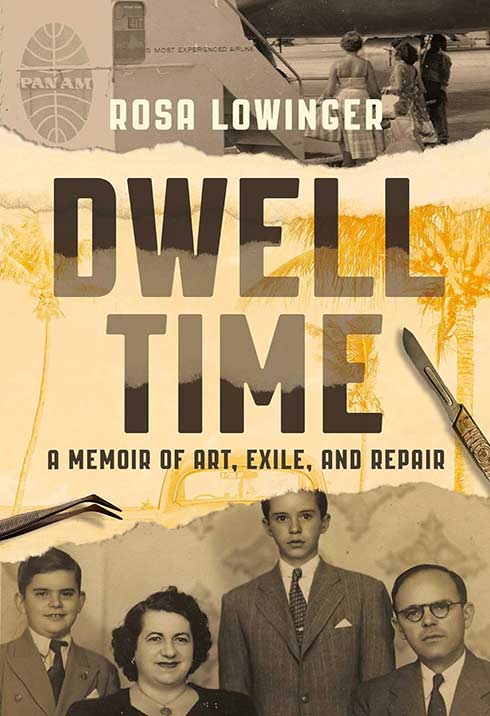
Art conservator Lowinger’s Cuban Jewish family endured double losses, during the Holocaust and, later, the Cuban Revolution. In the midst of a celebrated career restoring artworks around the world, she realizes, while on a job in Havana, how the repair of damaged beauty could serve as a metaphor for the journey to much-needed family healing.
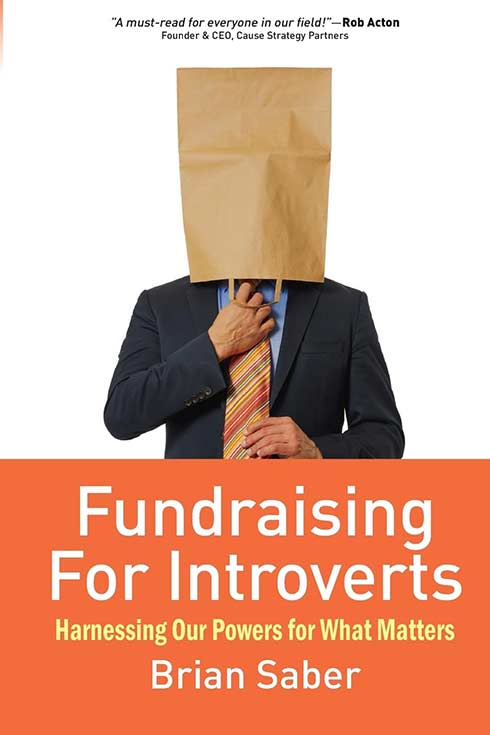
Too shy to make an ask? This volume shows hesitant advocates how to leverage their strengths and bring in big gifts for their causes. Saber is a lifelong fundraiser (who happens to be an introvert himself).
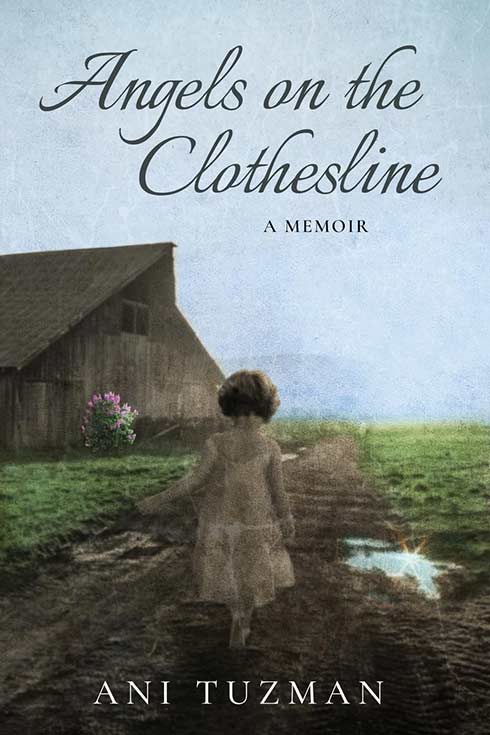
In this memoir, poet/novelist Tuzman revisits the confusion and wonder of her childhood, which was haunted by the pain of her parents, who were Holocaust survivors, and her schoolmates’ corrosive bigotry. During moments of private reverie on the family farm, she found healing in dreaming of a better way to live.
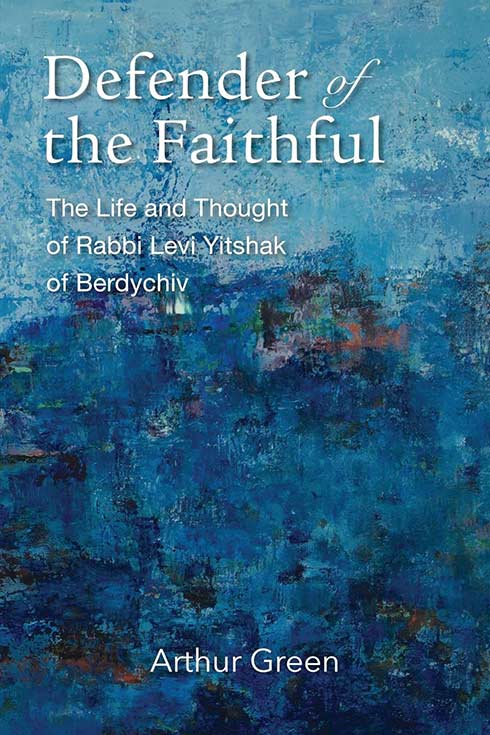
Green, founding dean of Hebrew College’s rabbinical program, explores the life and ideas of Levi Yitshak (1740-1809), a leader of early Hasidism. The rabbi became a folk hero because of two character traits, writes the author: “his love for Jews, including the most ordinary and unlettered among them, and his willingness to argue on their behalf, both in this world and before the heavenly Throne of Glory.”
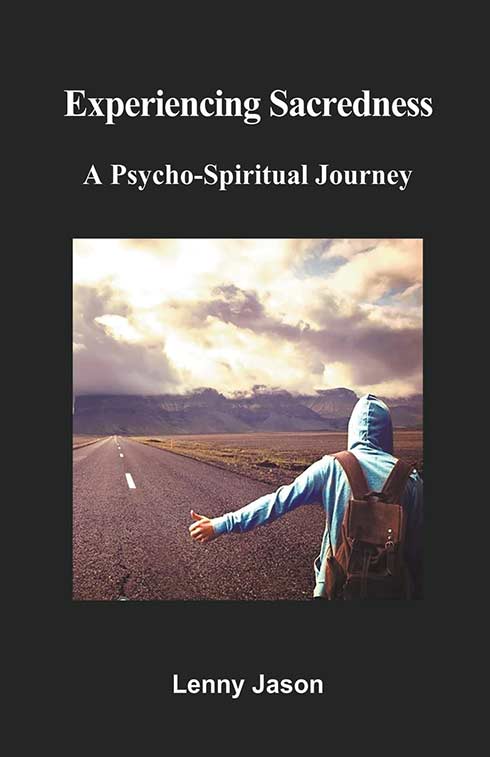
Interested in Eastern religions and philosophy, a recent Brandeis graduate shouldered his backpack in 1971 and headed to India via Europe, Turkey, Iran, Afghanistan, and Pakistan. Now a psychology professor at DePaul University, the author of this memoir remembers that thrilling, sometimes perilous life-changing journey, which taught him about happiness, fulfillment, and questing for knowledge of the sacred.
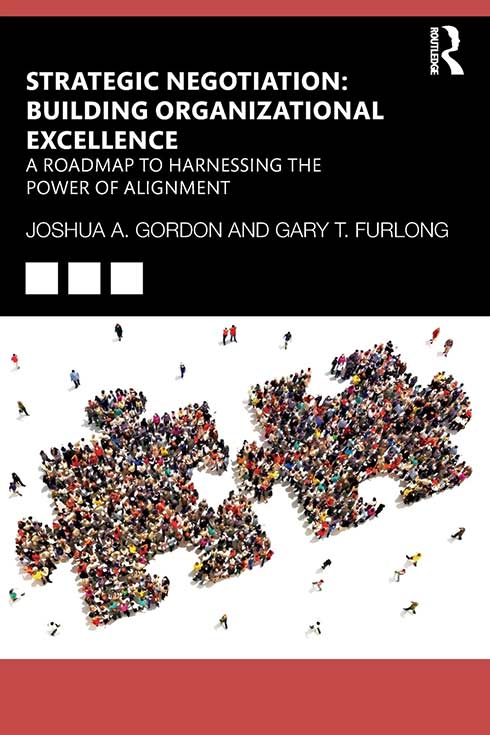
If everything is a negotiation (an adage that seems to ring truer than ever), this how-to guide, which seeks to build negotiation skills across an organization, could become a must-read throughout the ranks at businesses and institutions everywhere. Gordon is a senior instructor in the area of sports business at the University of Oregon.
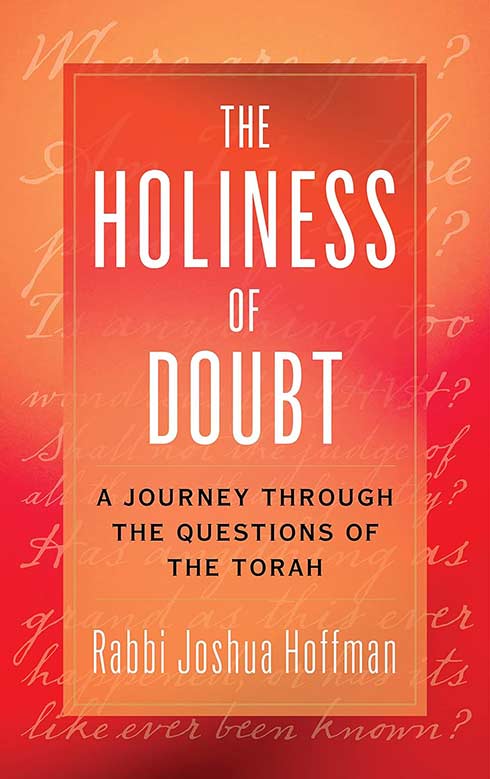
The questions posed by God and biblical heroes in the Torah can serve as guideposts for readers interested in spiritual reflection, this book counsels. “What does the Torah look like when you follow the path of verses with the questions as your guide?” Rabbi Hoffman writes. “What new understanding is possible on such a journey?”

A colorful review of the creative output of Ben Seibel (1918-85), a product designer who was a key developer of mid-century modern style. Kaplan is an emeritus professor of architecture at the University of Tennessee.
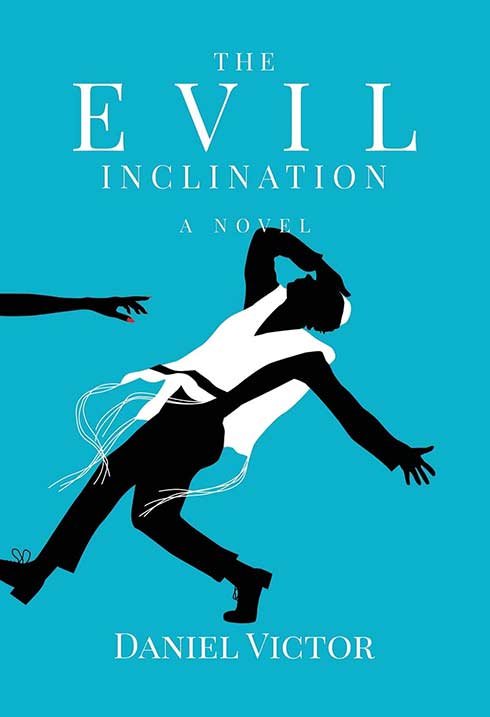
Desire (sometimes dubbed the “evil inclination” in traditional Judaism) lies at the heart of this story about a Jewish boy and a Catholic girl in Brooklyn, who must decide whether to put their love or their religious beliefs first. This is a debut novel by Victor, now retired from the practice of law.
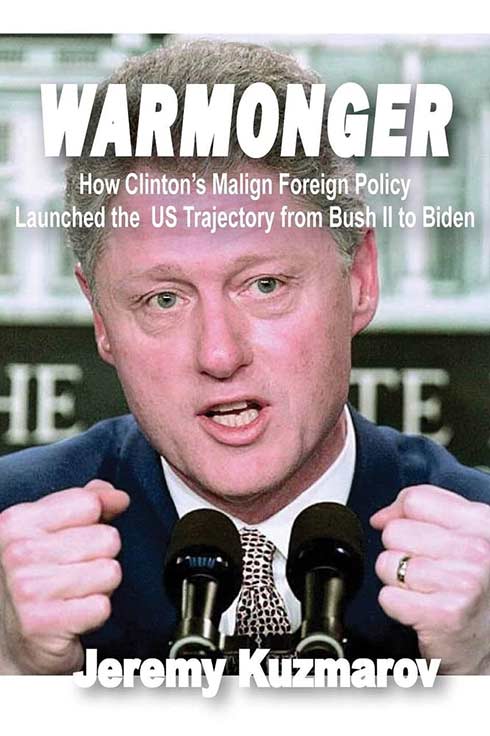
According to this volume’s central thesis, the Clinton administration laid the groundwork for rising tensions among the U.S., China, and Russia, establishing a bellicose foreign policy that influenced subsequent presidencies. Kuzmarov is the author of “Obama’s Unending Wars: Fronting the Foreign Policy of the Permanent Warfare State.”
Brandeis University Press
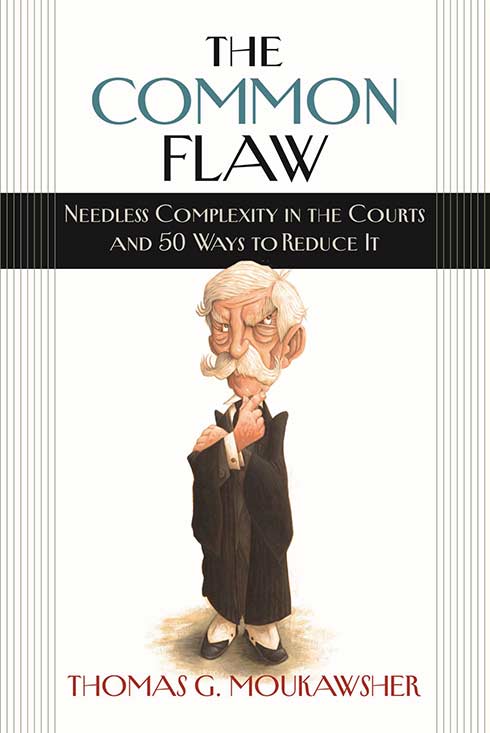
A persuasive argument for — and roadmap to — simplifying the American lawsuit process, thereby increasing public trust in the legal system and making court operations more humane. The author is a Superior Court judge and a former state legislator in Connecticut.